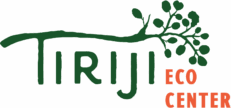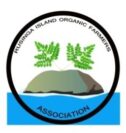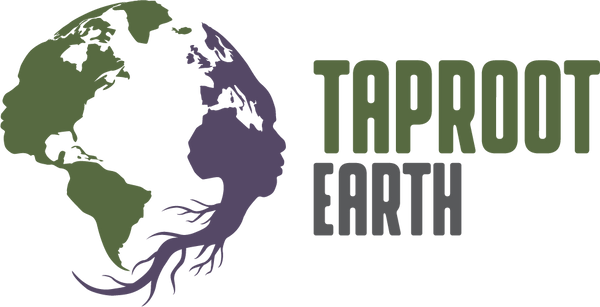Ecovillage Design Education
Regeneration through Learning and Connection
At Nile Journeys, we see learning as the main pathway for regeneration. The Ecovillage Design Education (EDE) program is one of our key approaches to support communities across the Nile Basin to restore ecosystems, heal relationships, and design thriving futures.
The EDE is a globally recognized curriculum created by Gaia Education and the Global Ecovillage Network. It offers a comprehensive framework across four dimensions of sustainability: social, ecological, economic, and worldview. While it is often delivered as a five-week immersive program, it can also be adapted into shorter mini-EDEs of one week, making it accessible for diverse communities and contexts.
By hosting EDEs in the Nile Basin, Nile Journeys adapts this global framework to our ecological and cultural realities, weaving in African wisdom traditions, regenerative practices, and youth leadership. The result is a unique learning journey that serves both the land and the people of the Nile.
EDE on the Nile
In 2023, Nile Journeys organized the first EDE on the Nile in Kenya, hosted at Tiriji Ecovillage and the Rusinga Island Organic Farmers Association. This month-long learning journey welcomed 28 participants from 12 countries, bringing together youth, community leaders, and practitioners for a deep dive into regenerative living.
Spanning four weeks, the program integrates daily rhythms of learning, reflection, and hands-on practice:
Social Dimension: Building trust, intercultural dialogue, communication skills, and inclusive community-building.
Ecological Dimension: Learning permaculture design, nature connection, and regenerative land practices through direct engagement with farms and conservation sites.
Economic Dimension: Exploring local and global economic systems, sustainable livelihoods, and community-led economies.
Worldview Dimension: Deep reflection, cultural re-connection, and reshaping of personal and collective worldviews through dialogue and time in nature.
The EDE brings together a diverse group of learners from across the Nile Basin, Africa, and beyond. In the 2023 edition, 28 participants from 12 countries gathered youth leaders, community practitioners, farmers, educators, and cultural workers. This diversity enriched the learning process and reflected the program’s commitment to Pan-African cooperation and intercultural dialogue
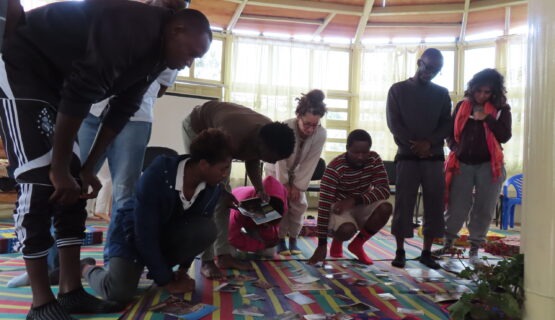
Engaged in youth leadership, gender reconciliation, and conflict transformation workshops.
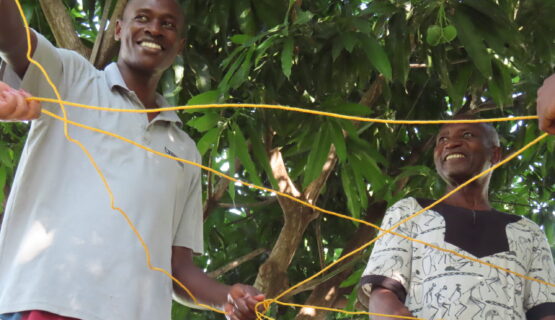
Learned permaculture, agroecology, and water conservation through hands-on practice.
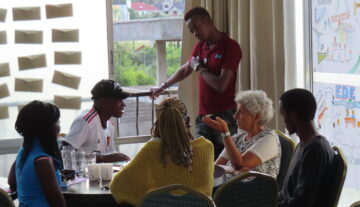
Explored sustainable economic models through participatory design.
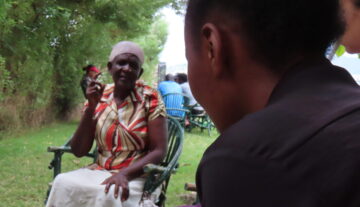
Connected with indigenous knowledge & storytelling along the Nile.
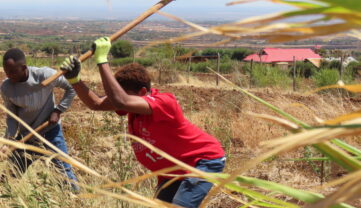
Planted over 200 trees with local farmers in Rusinga Island.
“The probable areas of African unity prospects became evident. They can be scaled up through youth-centered peace-building across the Basin.”
- EDE on the Nile participant
The Nile Basin is a place of immense richness and deep challenges: land degradation, water scarcity, conflict over resources, and cultural fragmentation. Through the EDE, Nile Journeys nurtures community spaces where ecological restoration, cultural renewal, and social healing come together. Tiriji Eco-center and RIOFA served as living laboratories.
Why the EDE matters in the Nile basin?
- Restoring land and water systems through agro-ecology and conservation.
- Strengthening food sovereignty and local economies.
- Building peace and resilience through inclusive dialogue and conflict transformation.
- Nurturing youth leadership and inter-generational knowledge-sharing.
By linking practice to worldview, the EDE supports a shift from separation to connection between people, with nature, and across cultures.
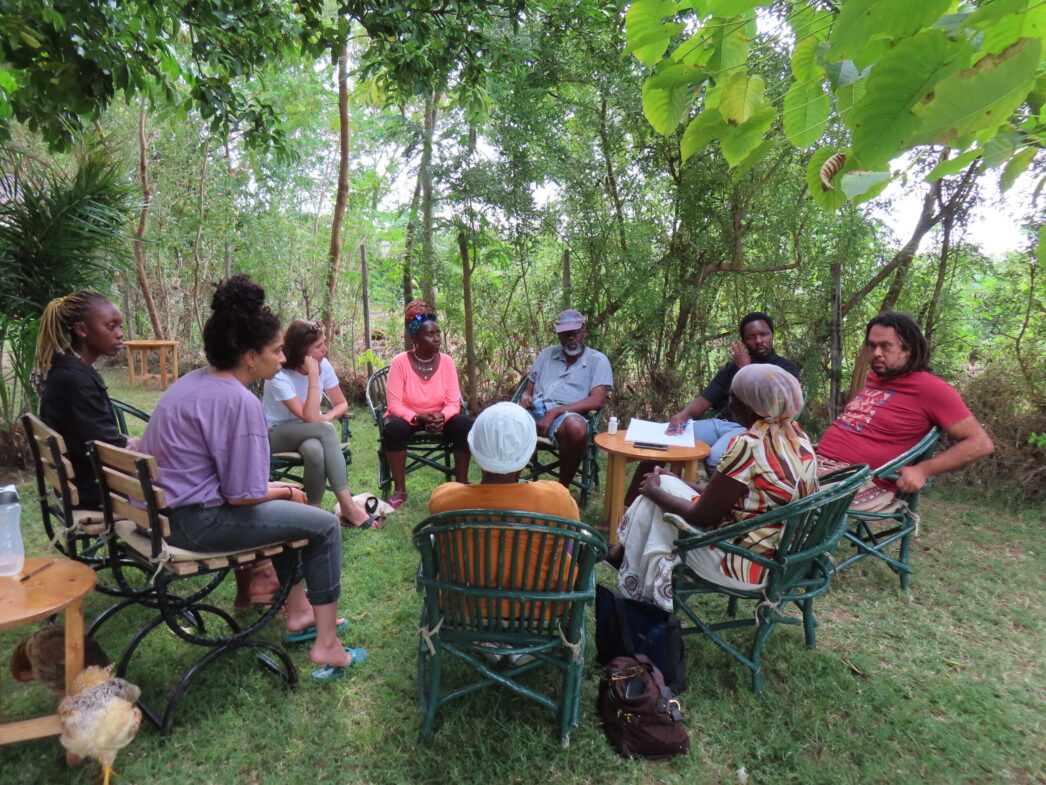
The EDE on the Nile has only been possible through the generosity of many hands and hearts. We extend our deep thanks to the participants, facilitators, local communities, and partner organizations who co-created this journey with us.
The EDE is guided by experienced facilitators who bring decades of practice in regeneration and community empowerment:
Mugove Walter Nyika – Pioneer of food sovereignty and sustainable land use in Africa.
Macaco Tamerice – Community builder and GEN Europe facilitator.
Mohamed El Mongy – Nile Journeys co-founder, facilitator of sustainable development and dialogue.
Dr. Karambu Ringera – Peace educator and social entrepreneur
Special appreciation goes to Tiriji Ecovillage and the Rusinga Island Organic Farmers Association (RIOFA) for hosting us with openness and care, and to Gaia Education for their continued guidance and partnership, and Taproot Earth for their support in enabling this journey.

